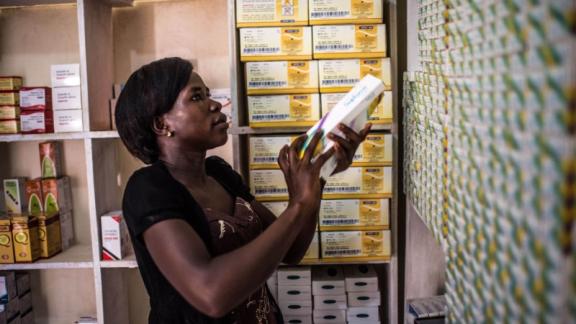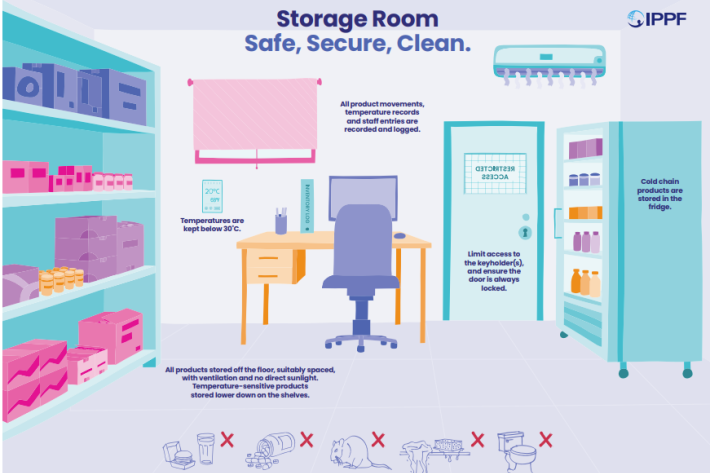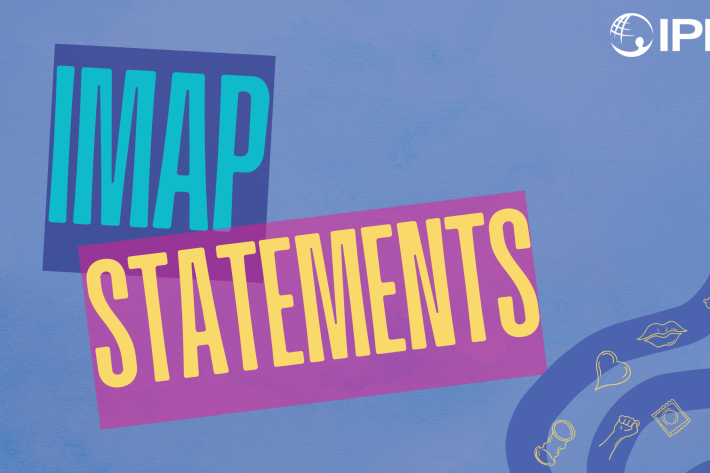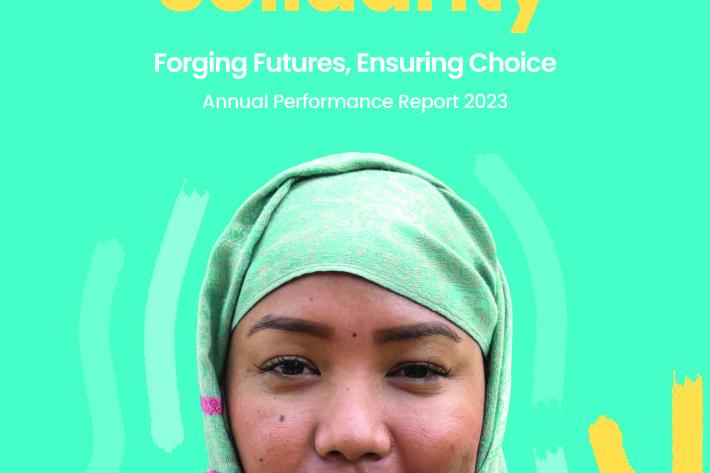Spotlight
A selection of resources from across the Federation
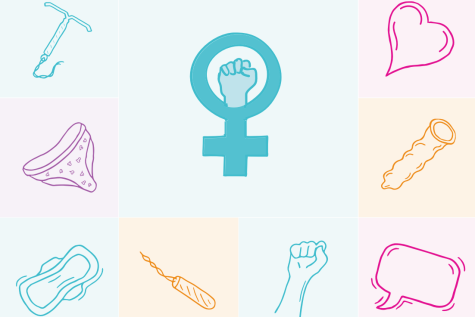
Technical Brief: Designing and Delivering Inclusive, Rights-Based Sexual and Reproductive Healthcare to Transgender and Gender Diverse People
This technical brief outlines key recommendations across several sexual and reproductive health service areas to promote access to inclusive care for transgender and gender diverse people.
Filter our resources by:

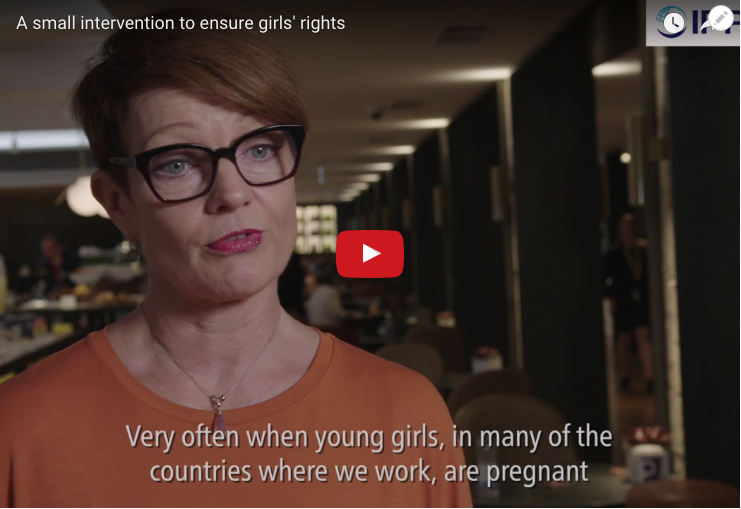
| 15 July 2017
Contraceptive care is key to ensure girls' rights - Ulla Müller, EngenderHealth
Ulla E. Müller, CEO of EngenderHealth, clearly explains how, to protect girls' rights, we need to ensure them access to contraception.
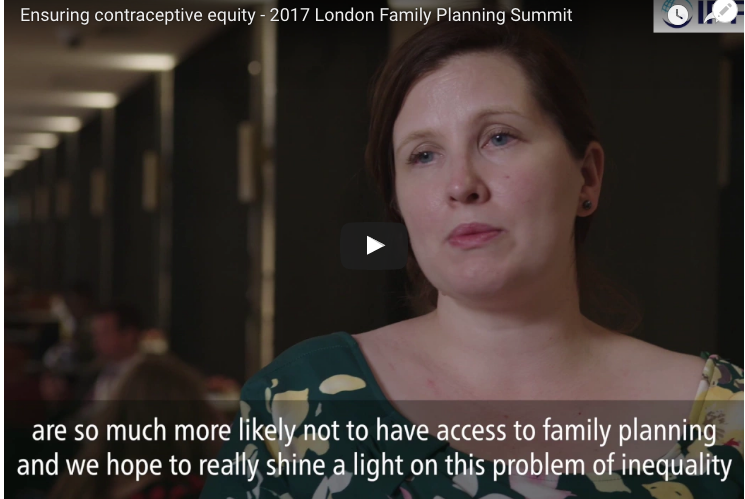
| 15 July 2017
IPPF launches 'Under-served and Over-looked' report
IPPF launched its landmark report 'Under-served and over-looked' to shine a light on those excluded from recent family planning advancements.
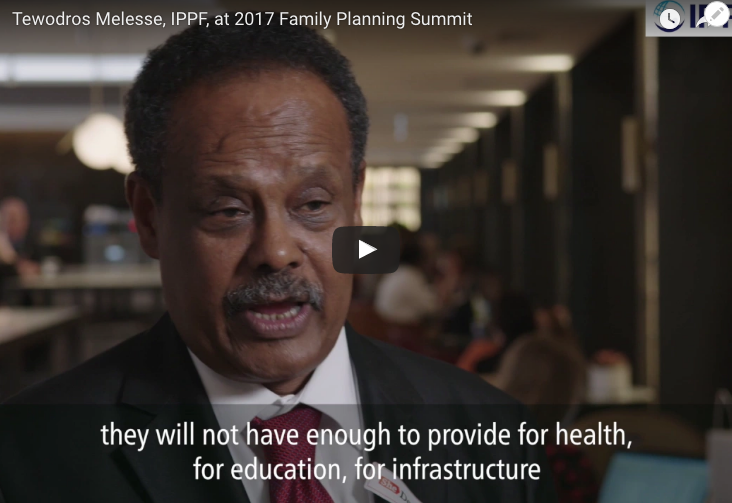
| 15 July 2017
Tewodros Melesse at 2017 London Family Planning Summit
Tewodros Melesse, IPPF Director-General, explains why Family Planning is so important for sustainable development.

| 14 July 2017
Tor-Hugne Olsen, Sex og Politikk, at the 2017 London Family Planning Summit
Tor-Hugne Olsen, Executive Director of Sex og Politikk (IPPF member association in Norway) interviewed at the 2017 London Family Planning Summit talks of the importance of taking informed and autonomous decisions.
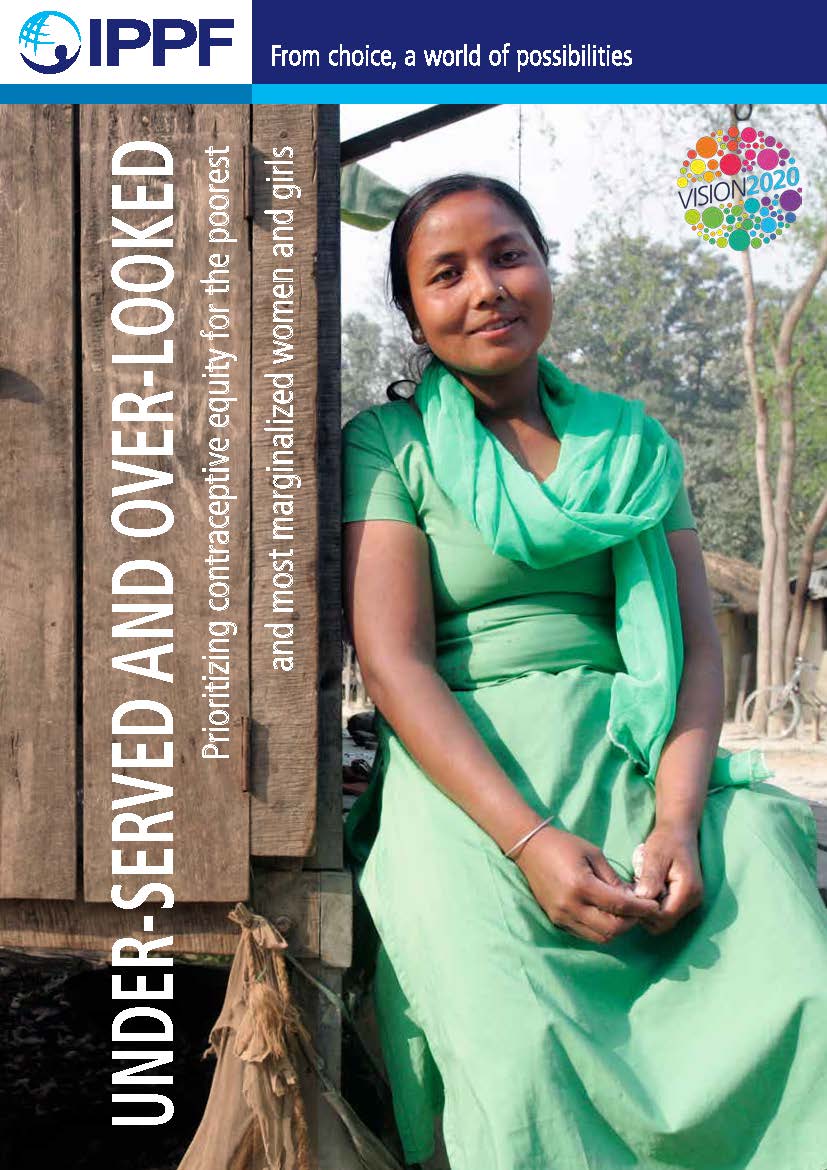
| 11 July 2017
Under-served and Over-looked
Under-served and Over-looked is a flag in the ground. It is a decisive declaration that IPPF stands for equity. IPPF stands for human rights for all. While IPPF has long worked to scale up family planning services, to reduce unmet need and to reach vulnerable populations, with the launch of Under-served and Over-looked we are confirming that reaching the most vulnerable and hard-to-reach groups is IPPF’s top priority. This report is a synthesis of evidence revealed from a literature review, including 68 reports from 34 countries. The results are dire: the poorest women and girls, in the poorest communities of the poorest countries are still not benefitting from the global investment in family planning and the joined up actions of the global family planning movement. Women in the poorest countries who want to avoid pregnancy are one-third as likely to be using a modern method as those living in higher-income developing countries. This is not acceptable. Join IPPF campaign for universal access to contraception
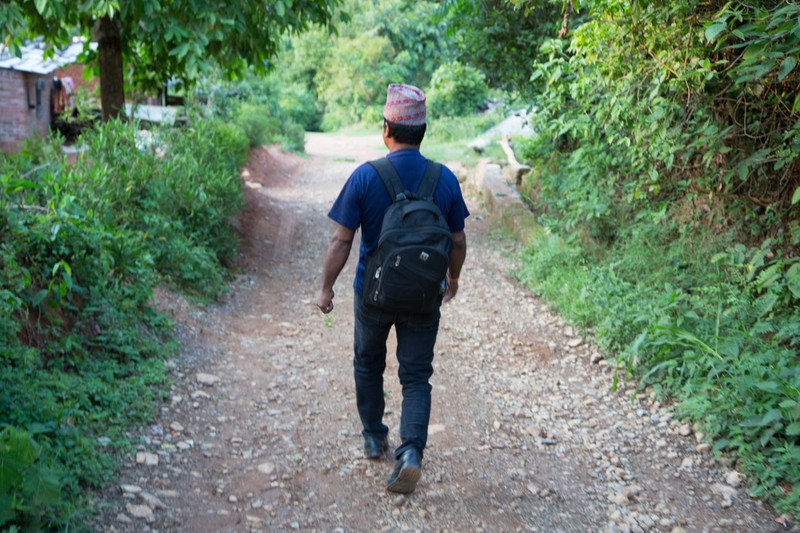
| 06 July 2017
Bringing contraceptive choice to mountain communities
Meeting the family planning needs of Nepal’s 28 million people, particularly those living in remote mountain villages, takes careful planning, complex logistics, skilled staff and money. Since 1959, the Family Planning Association of Nepal (FPAN), has been providing better access to contraception and maternal health, ensuring its services penetrate even the most remote corners of this rugged mountain country. Reaching communities in far flung parts of this mountainous country is a logistical challenge, but one FPAN sees as crucial to its work. Teams of staff and volunteers spend days travelling by vehicle or, if necessary, on foot to make sure they reach people. Stories Read more stories from Nepal

| 03 July 2017
Myth-busting facts about IUDs
Intra-uterine devices are safe, reliable and can be used by almost everyone. Want to know more about them? We've got you covered! Learn about other methods of contraception

| 08 May 2017
Under-served and over-looked - Executive summary
The evidence is clear: family planning saves lives. Yet, the poorest and most marginalized women and girls are being left behind during one of the most successful advances in public health in the past half century. IPPF’s report Under-served and Over-looked offers an overview of the women and girls that are being left behind and unable to access the life-saving contraception they want and need. IPPF is fighting for a world where women everywhere can say "I decide". Support our call for universal access to contraception! Add your voice
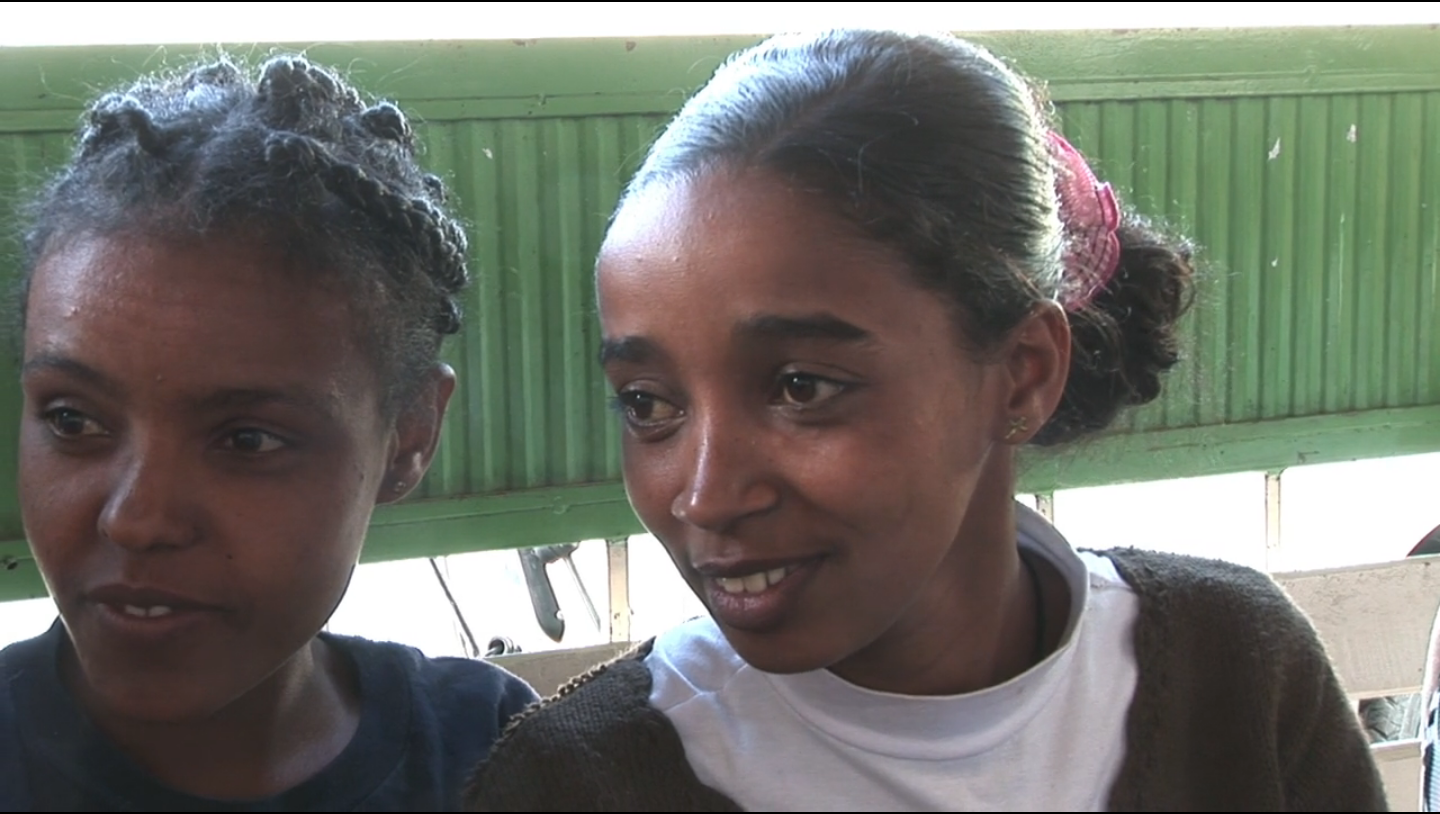
| 11 April 2017
IPPF at the She Decides Conference, Brussels, 2017
In response to President Trump's reinstatement of the Global Gag Rule 50 countries and leading civil society organizations rallied together. The aim of the She Decides Conference was for these governments to reaffirm their commitments to sexual and reproductive health and rights. These are human rights which are now at risk around the world because the Global Gag Rule blocks critical USAID funding to health organizations like IPPF. IPPF is losing $100m in funding from USAID which means programs to deliver life-saving health services will be jeopardised. With increased commitments from other leading governments around the world, civil society organizations like IPPF can continue to provide the access to service and information that millions of women need.
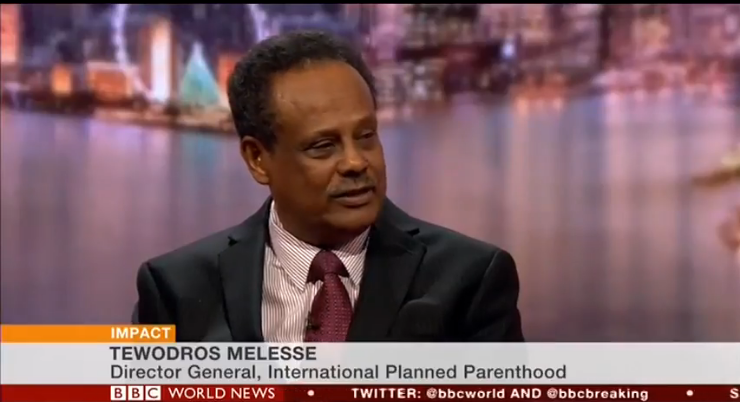
| 07 April 2017
IPPF defends UN agency on BBC World News
IPPF Director General Tewodros Melesse has defended the record of the United Nations Population Fund (UNFPA) in an interview with BBC World News, the BBC’s global television news channel. Speaking to presenter Philippa Thomas on the programme “Impact”, Mr Melesse rubbished claims from the Trump administration – used to justify the withdrawal of US funding – that UNFPA in any way supported coercive family policies in China. He explained that IPPF and UNFPA, with which IPPF partners across the world to provide vital reproductive health care for millions of women and girls – were committed to defending rights and increasing choice. He added that the loss of funding to UNFPA and IPPF – through the re-imposition of the so-called Global Gag Rule by President Trump – would cost the lives of tens of thousands of women and lead to millions of additional unplanned pregnancies and unsafe abortions. Subscribe to IPPF's updates!







